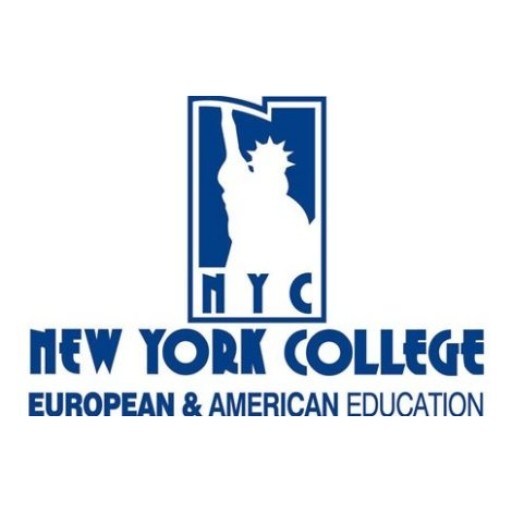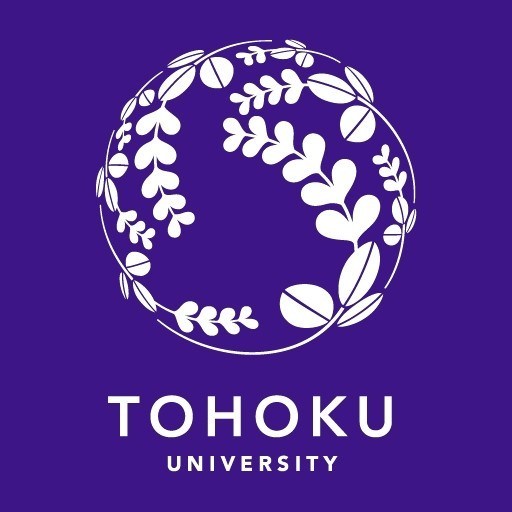Photos of university
The Bachelor of Arts (Hons) in Applied Media Studies at Technological University Dublin offers students a comprehensive and practical education in the dynamic field of media and communications. This programme is designed to equip graduates with a solid foundation in media theory, production techniques, and digital communication strategies, enabling them to thrive in various media industries. Throughout the course, students engage with a diverse range of disciplines including journalism, broadcasting, digital media, advertising, public relations, and filmmaking, fostering a versatile skill set suited to the rapidly evolving media landscape. The curriculum combines theoretical learning with hands-on practical experience, ensuring students develop not only critical understanding but also the technical skills necessary for successful careers. They have the opportunity to work on real-world projects, gain industry placements, and learn from experienced practitioners, which enhances employability upon graduation. The programme emphasizes innovation, creativity, and critical thinking, encouraging students to explore new media technologies and innovative storytelling methods. The interactive learning environment promotes teamwork, problem-solving, and communication skills essential for media professionals. Graduates of the Applied Media Studies programme are well-prepared for employment in media production companies, broadcasting stations, advertising agencies, public relations firms, and digital media startups. They may also pursue further studies or research in media and communication disciplines. With a strong focus on current industry practices and future trends, the programme ensures students are ready to meet the demands of a competitive media sector. The university provides state-of-the-art facilities, including media labs, editing suites, and production studios, supporting students' technical and creative development. Dedicated academic staff bring a wealth of industry experience, facilitating a rich learning experience that bridges academic knowledge with practical application. The university’s strong industry links offer students valuable networking opportunities and pathways into employment. Overall, the BA (Hons) in Applied Media Studies at TU Dublin is an ideal choice for aspiring media professionals seeking a rigorous, practical, and industry-focused education that prepares them for a successful career in the fast-changing media environment.
The Bachelor of Arts in Applied Media Studies at Technological University Dublin offers students a comprehensive education in the dynamic field of media, providing essential skills and knowledge to thrive in modern communication industries. The programme is designed to equip students with practical abilities in media production, communication theories, digital technologies, and content creation, preparing them for diverse careers in media, journalism, broadcasting, digital media, and related sectors. Throughout the course, students engage in hands-on projects that involve the creation of multimedia content, scriptwriting, video editing, and social media management, fostering both creative and technical competencies.
The curriculum covers a wide range of topics including media theory, visual communication, media ethics, online media platforms, and the impact of digital transformations on traditional media. Students also gain insights into the business aspects of media, such as media management, marketing, and entrepreneurship, enabling them to understand the economic environment in which media organizations operate. The programme emphasizes critical thinking, problem-solving, and effective communication skills, which are vital for success in competitive media industries.
In addition, students benefit from industry placements and collaborative projects with media organizations, providing real-world experience and networking opportunities. The programme encourages innovation and adaptability, ensuring graduates are prepared to meet the challenges of rapidly evolving media landscapes. Upon completion, graduates will have developed a robust portfolio of work, a keen understanding of media production processes, and the strategic skills needed for employment or further academic pursuits in media-related fields. Whether aiming for a career in digital content creation, production, or media management, students emerge from the programme with a solid foundation to build their professional journeys in the vibrant world of applied media.
Program Requirements: The Bachelor of Arts in Applied Media Studies at Technological University Dublin requires applicants to possess a minimum of two A Levels or equivalent, with a relevant background in media, communication, or related fields being advantageous. Candidates must demonstrate proficiency in English, evidenced by a minimum IELTS score of 6.0 or equivalent. A personal statement outlining interest and motivation for studying Applied Media Studies is also necessary. Additionally, applicants may be required to attend an interview or submit a portfolio to showcase their interest and experience in media. Mature students or those with relevant work experience may be considered under special entry schemes, subject to assessment. The program is designed to equip students with practical skills in media production, critical analysis, and media management, and thus applicants should have a keen interest in digital media, broadcasting, or related areas. Prior experience with media equipment, editing software, or content creation will be beneficial but not mandatory, as the program includes foundational modules. Students are expected to meet continuous assessment criteria including assignments, projects, and presentations throughout the course. Successful completion of the program requires passing all modules with a minimum grade stipulated by the university, and students must also adhere to university policies and codes of conduct. The university encourages applicants from diverse backgrounds to apply, promoting inclusivity and equal opportunity in media education.
The financing of the Applied Media Studies program at Technological University Dublin is structured through a combination of public funding, student contributions, and potential financial aid options. As a Irish higher education institution, TU Dublin primarily receives funding from the Irish government through the Higher Education Authority, which allocates resources based on various factors including program demand and strategic priorities. This public funding helps subsidize tuition fees for domestic students and supports the university in maintaining high-quality educational standards across its programmes.
For Irish and EU students, tuition fees are set annually and are typically lower than international fees, reflecting government commitments to making higher education accessible. In the 2023/2024 academic year, tuition fees for full-time undergraduate programmes like Applied Media Studies are approximately €3,000 to €3,500 per annum for EU students. Non-EU international students pay higher fees, often ranging from €12,000 to €15,000 or more annually, depending on the programme and student status.
Students attending TU Dublin also have access to various financing options to assist with payment. These include government-backed student loans and maintenance grants available for eligible Irish students. The Student Universal Support Ireland (SUSI) scheme provides grants that contribute towards tuition fees and living expenses for students from low-income backgrounds. Additionally, students may benefit from scholarships offered by the university for academic excellence, diversity, or specific student groups, which can help alleviate financial burdens.
Part-time study options and work opportunities are also integral parts of the financing framework. Many students choose to work part-time or engage in placements linked to their studies, which can provide additional income and practical experience. Furthermore, some students secure private scholarships, sponsorships, or employer funding programs, especially those already employed or sponsored by industry partners.
The university's financial planning for the Applied Media Studies program includes investing in state-of-the-art facilities, digital resources, and industry partnerships, which are mainly supported through government and enterprise funding initiatives. These investments are crucial to providing students with a comprehensive education aligned with current media industry standards.
International students are required to pay full tuition fees upfront or may arrange payment plans through the university. They are also encouraged to seek scholarships and grants targeted towards international students to reduce their financial burden.
Overall, the financing of the Applied Media Studies program relies on a multifaceted approach involving governmental support, student contributions, grants, scholarships, and employment opportunities, all aimed at ensuring accessible, high-quality education for a diverse student body.
Applied Media Studies at Technological University Dublin offers students a comprehensive education in contemporary media practices, focusing on digital media, broadcasting, journalism, and multimedia production. The program is designed to equip graduates with both theoretical knowledge and practical skills necessary to succeed in the fast-paced media industry. Throughout the course, students engage with a wide range of topics including media law and ethics, media technology, content creation, editing, and distribution across various platforms such as online, radio, television, and social media. The curriculum emphasizes hands-on experience, enabling students to develop competencies in media production, journalism, and digital storytelling through workshops, projects, and internships. The program also encourages critical analysis of media content and its impact on society, fostering an understanding of media’s role in culture and communication. Students benefit from access to state-of-the-art facilities, including media labs, editing suites, and broadcast studios. The course aims to prepare graduates for careers in media production, broadcast journalism, digital content creation, media management, and related fields. Collaborations with industry partners and external organizations provide opportunities for work placements and networking, enhancing employment prospects after graduation. The program can be completed at both undergraduate and postgraduate levels, with options for full-time or part-time study. It integrates theoretical coursework with practical training to ensure students are ready to meet the demands of a rapidly evolving media landscape. The duration of the undergraduate program is typically three years, while postgraduate options may vary. Upon completion, students are awarded a degree that recognizes their expertise and readiness to contribute effectively to the media and communications industries.









